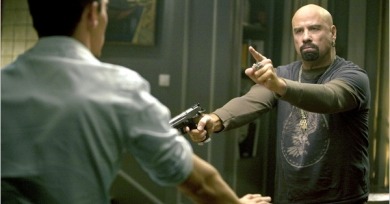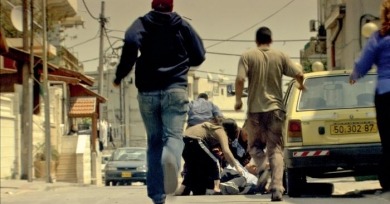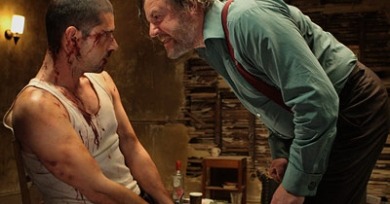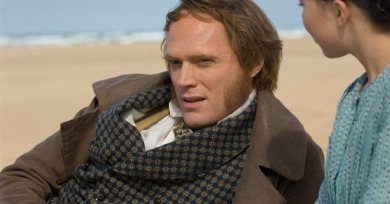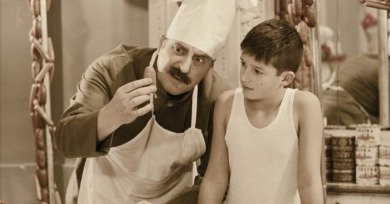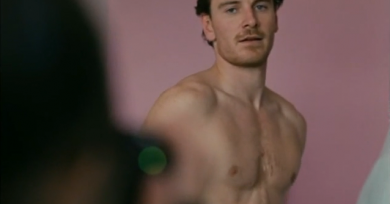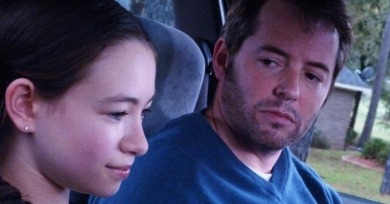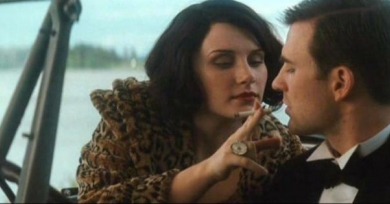Reviews
Following Taken, this second version of A Heavily Armed American in Paris exchanges the revenge architecture for cop buddy digs, though it never settles into them in a predictable way.
It’s so tempting to treat Eyes Wide Open as the preposterous melodrama that it easily could have been, but Tabakman manages to make a well composed, unemphatic, and fleet-footed drama out of the overheated material.
Ajami gets right to the tragic heart of the matter. Before the viewer knows what or whom he’s watching, a young boy is gunned down in the middle of a city street in broad daylight.
The feature debut from documentary filmmaker Nicole Opper, jumps right into the existential crises of its heroine, Avery Klein-Cloud, dispensing with the introduction of background information before delving into conflict.
About three quarters of the way through 44 Inch Chest, a battered and bloodied Melvil Poupaud, sitting handcuffed in a chair, looks at the camera for the first time. The expression on the art-house heartthrob’s face betrays fear, bewilderment, and possibly a tinge of regret.
The lineage of cinematic mountain climbing extends back to the films of the 1900s. These early efforts evolved into the hugely popular German Bergfilme of the Twenties, the Alpine equivalent of the American western.
Charles Darwin’s articulation of his theory of evolution by natural selection was less a discovery or invention in the sense that those words are typically used than simply the recognition of a fundamental order in the world we inhabit.
It feels likely at this point that we’ll look back on the last major release of the aughts as a watershed moment and feel that big budget entertainments were different post-Avatar. But how?
Memories are remnants of subjective experience, further skewed by time and the brain’s chemical disruptions. But a different sort of subjectivity is afoot when one’s memories are appropriated, conjectured over, and made material by someone else.
This is a work about an ambiguity—its disturbing central event is an act fueled by mysterious motivation, and it’s enacted by a character whom we only think we have come to know and understand.
By the time Sarandon is burning eggs on the stove and sweeping dirt under the rug (ah, visual metaphors), all we can do is watch the onscreen pileup with mute, rubbernecking horror—which, to be fair, puts us in a position similar to that of the film’s not-quite-departed protagonist.
Her two films are as unsentimental as they are sensitive, and so attuned to the messy modalities of behavior that even tallies of fear and heartbreak accumulate with dignity.
Goldin's plotting is clumsy, his flights of fancy uninspiring and uninspired. Despite this, he gets some nice performances out of his actors and keeps the movie clipping along efficiently.
The one-sided would-be romance complicated by class distinctions is nothing extraordinary in Williams work, and The Loss of a Teardrop Diamond proves a particularly tiresome retread.
